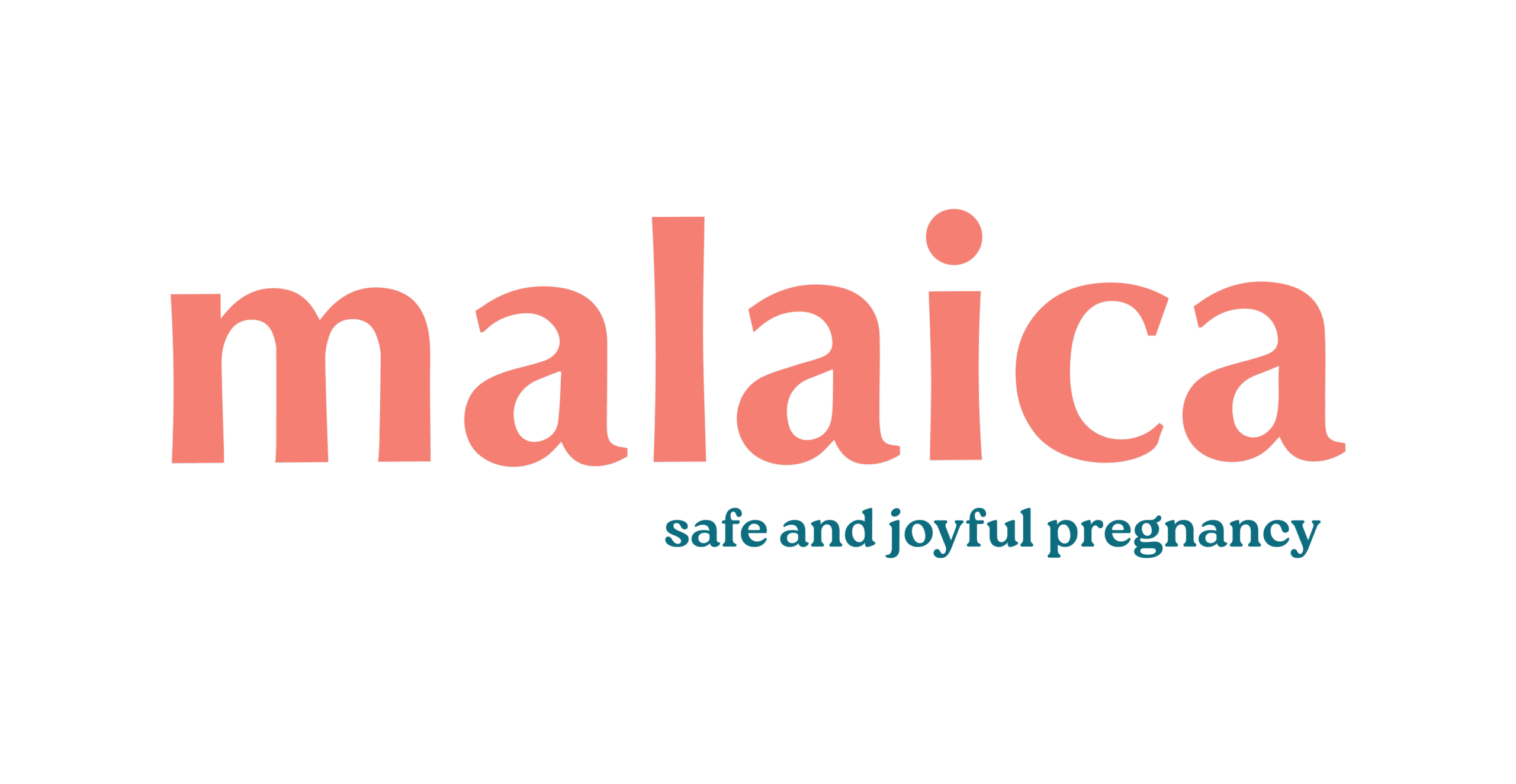Open, throw, water, swallow. Repeat.
Yes, we know. The regular pills, the routine, the aftertaste, sometimes metallic, sometimes bitter, can leave you wondering if it’s really necessary. Do you have to keep taking that folic acid every day, especially when you feel fine?
Many pregnant women have asked the same question. It feels like one more thing on an already long list: eat this, don’t eat that, sleep on your left side, go for your Malaica antenatal visits, take your supplements. But here’s the thing: folic acid isn’t just another pill. It’s an extra layer of protection for your baby.
Folic acid, a type of Vitamin B9, plays a key role in the very earliest weeks of pregnancy. It helps form the neural tube, which becomes your baby’s brain and spinal cord. If there isn’t enough folic acid at that time, the risk of problems like spina bifida goes up. These are serious conditions, but here’s what’s important to know: taking folic acid reduces that risk by 50–70%. It doesn’t erase the risk, but it significantly stacks the odds in your baby’s favor.
And here’s the catch: most women don’t even realize they’re pregnant until those first crucial weeks have passed. The neural tube closes within about 28 days after conception, often before you’ve even seen the two lines on your test kit. That’s why doctors recommend women of childbearing age take folic acid daily, even before planning to get pregnant. Starting a few months before conception gives both you and your baby the best possible head start.
So what happens when you skip? Think of it like building a house with less cement in the foundation. The structure may still stand, but it’s not as strong as it could be. Missing folic acid doesn’t cause instant problems for you, but it can quietly raise risks for your baby. Beyond brain and spine development, folic acid also supports healthy birth weight and growth.
It helps mum too. Folic acid supports the production of red blood cells and helps prevent certain kinds of anemia. For women already dealing with pregnancy fatigue, not having enough can make tiredness, weakness, or dizziness worse.
“But Doc, I eat my managus,” you might say.
And yes,you’ll find natural folate in spinach, kale, beans, oranges, and avocados. The challenge is, cooking destroys much of it, and our bodies don’t always absorb it well. That’s why supplements are recommended. One small tablet makes up for what diet alone can’t guarantee.
Think of folic acid as insurance. It doesn’t promise perfection, but it greatly improves your baby’s chances of developing well. One simple swallow each day quietly stacks the odds in your child’s favor, giving both of you a stronger start.

